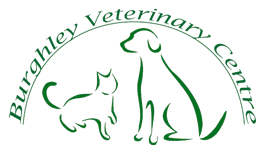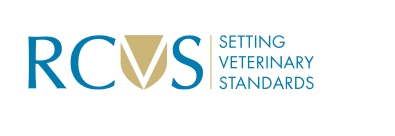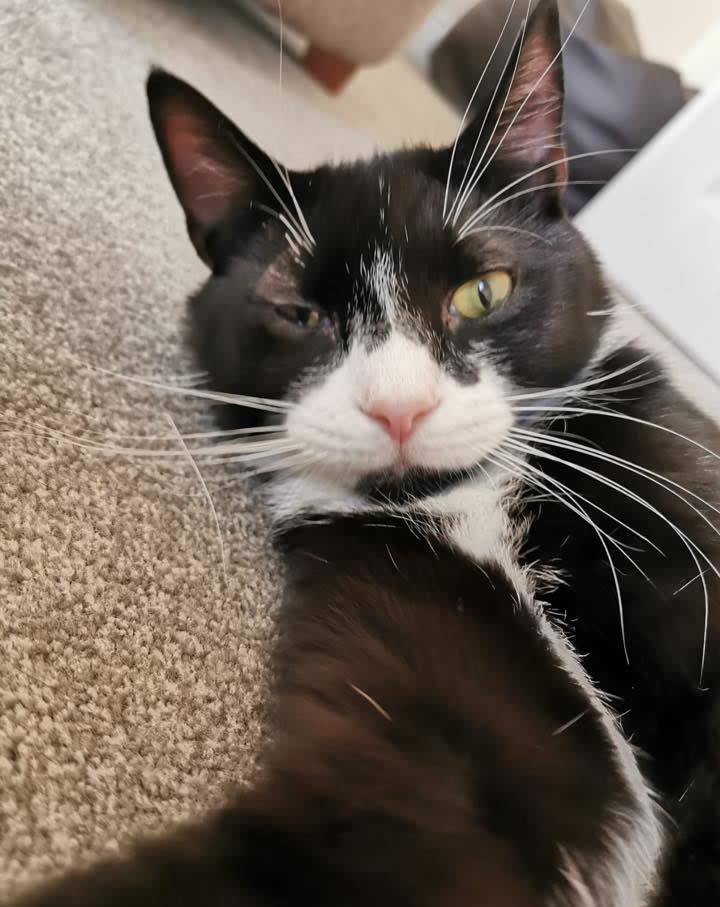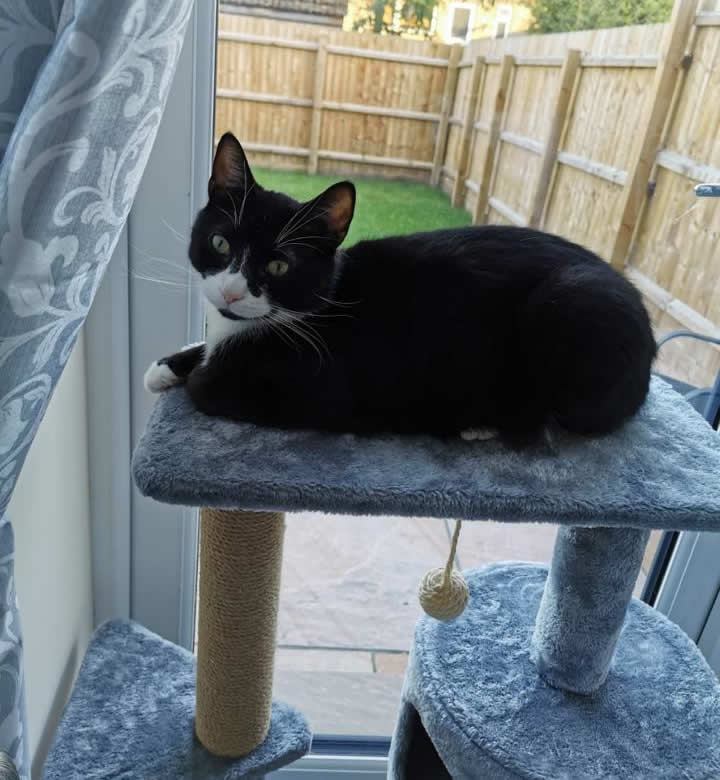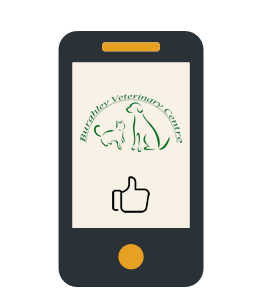This is lovely Max who came in with a swollen eye from another suspected grass seed! We have seen so many of these similar cases in the past couple of weeks especially in dogs feet and pads!
5* The staff were so friendly and accommodating when I brought Max, my cat, to the vets. I was able to get an appointment shortly after phoning which was great. Would highly recommend!
Thank you for our lovely 5* review and we are so happy that Max is feeling much better!
Checking your pet for grass seeds
In the summer months, grass seeds can become a real problem. They commonly bury themselves in paws and ears where they attach to the long hair, before making their way down into the pet’s skin which can cause an infection.
This is extremely painful for your pet, making them feel lethargic and very uncomfortable. While dogs with grass seeds are very common in veterinary practices over summer months, they are easily preventable with quick checks to your pet’s paws and ears, as well as a whole body check.
Simply separate the fur and remove the seeds with a fine toothed comb for a comfortable pet.
When checking the paws, make sure to separate the fur and check between the toes, especially if your dog or cat has excess hair.
Grass seeds are able to attach to the long fur, pierce the skin and cause infection.
Trimming the fur on the paws can also help with the prevention of grass seeds and grooming problems. After a walk be sure to check your dogs underside to look out for are ticks, redness and cuts etc. Ticks and fleas are more common in areas with long grass or straw.
Daily body checks allow you to identify anything unusual on your pet.
Eyes are very sensitive and you can never over check your pet’s eyes. You should be looking for any debris (including grass seeds), discharge, infection, redness, cloudiness or crustiness.
Both pupils should be the same size and the mucous membranes should be nice and pink, not red. This indicates they are of a healthy colour. Before touching your pet’s eyes make sure you wash your hands thoroughly to reduce the risk of introducing bacteria.
If you are concerned, please don’t hesitate to contact the surgery for further advice.

